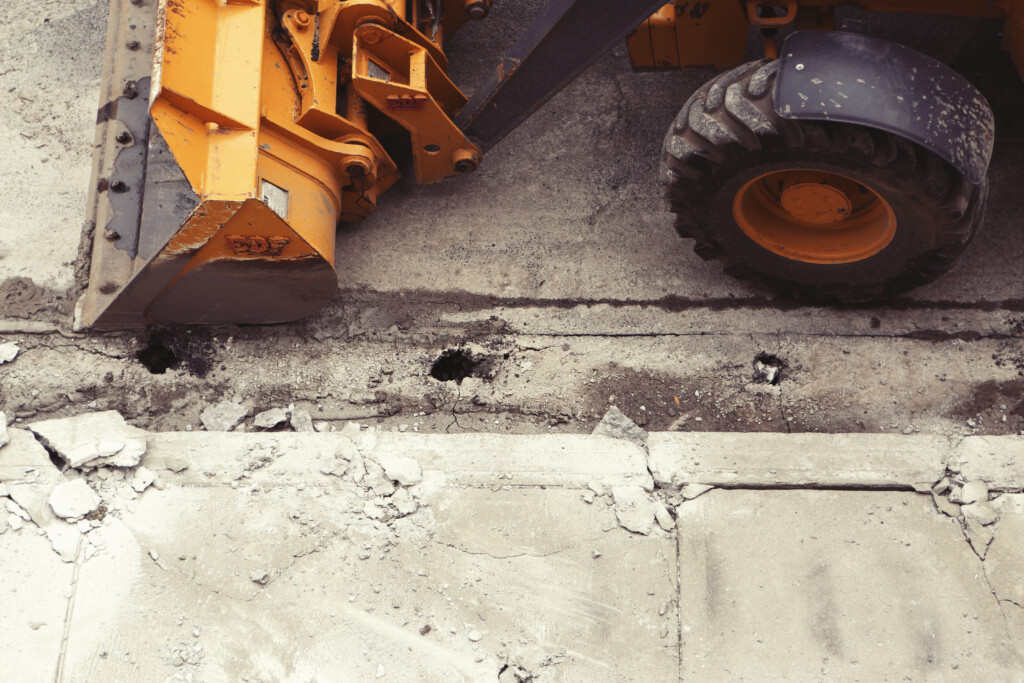Buying a pre-construction home can definitely be stressful, especially when your closing date seems to be moving further and further away. And if you need to sell your current residence prior to taking possession of your new home, you know that whether or not your builder meets the closing or occupancy date in your purchase agreement will affect your living situation.
While we all wish that builds would stay perfectly on schedule, there are inevitable situations that can delay the construction of your new home. The following are a few factors that may trigger delays:
- Weather.The majority of the work in the construction of a new home will be completed outdoors. Unfortunately, this means the weather can dictate the pace of the project. Excessive rainfall, extreme cold, and heat waves are examples of unpredictable weather-related events that are the most common reasons delays occur.
- Labour shortages. Construction of houses and high-rise buildings involve a great number of individuals and various types of expertise. There may be times when contractors have taken on multiple projects and have overbooked their crews. Or the scheduling of the crews may conflict and a framer, drywaller, or electrician may not be available. Or a strike involving a particular trade may mean that a certain step in the construction has to wait. Because some work may depend on other work being completed first, it can prolong the timing of each step.
- Materials. Making custom selections of materials or fixtures for your home means that you also run the risk of those selections not being available when they’re needed. If you picked out a specific material for your flooring or countertop, and the company that manufactures it has run out of the material, is behind on production, or accidently had the wrong supplies delivered, this can stall the construction process.

Your builder is required to set a closing or occupancy date, and if the home isn’t completed for possession by the specified date, your builder may be required to provide compensation under the new home warranty.
What happens when your builder can’t complete the home on time?
Your builder is required to set a closing or occupancy date, and if the home isn’t completed for possession by the specified date, your builder may be required to provide compensation under the new home warranty. But if you have a tentative closing or occupancy date, your builder can change the date – if they follow a specific set of rules:
- They’ll need to provide at least 90 days’ notice in writing once they’ve realized that they can’t make the tentative date.
- The number of times they can extend a tentative closing date is limited – in the case of a freehold home, the builder can extend the closing date twice, up to 120 days each time.
- The occupancy date can be extended multiple times for condominiums, as long as the builder provides purchasers at least 90 days’ notice for each extension.
The closing or occupancy date and the notice requirements to delay the date are set out in the addendum attached to your purchase agreement with your builder.
Compensation for delays
If your builder went past your firm closing or occupancy date or didn’t follow the rules to properly delay a tentative closing or occupancy date, you’re entitled to compensation for the delay. The total amount you can receive is $150 for each day of the delay, to a maximum of $7,500. Be sure to keep a record of all your correspondence with your builder and receipts for expenses incurred during the delay period to avoid losing out on your owed compensation.
While the warranty covers a maximum of $7,500 in expenses as a result of a delay, this doesn’t stop you from seeking further compensation from your builder.
If completion of your home is delayed beyond the outside closing or occupancy date in the addendum, you may be able to terminate the purchase agreement. If you terminate, you are entitled to return of your deposit plus the $7,500 delay compensation. If your builder doesn’t provide this to you, contact Tarion for help.
Important tips
- Thoroughly review your purchase agreement and the attached addendum. Find out what type of closing or occupancy date you have, and when you need to be notified if there is going to be a delay.
- Understand what type of compensation you’re entitled to. If you’re going to incur extra expenses on top of what you would have originally incurred to move, hold on to those receipts.
- Determine when you can make your claim for compensation. If you need to make your claim to Tarion, use the online Delayed Closing or Occupancy Form that is available through MyHome.
To bring any construction project to life involves a lot of different people and processes and along the way there can be many factors that interfere with them. While you may not be able to control whether there are delays, it’s important to know your warranty rights as a new home buyer
The goal of this blog is to provide you with general information about the warranty process by sharing real experiences from new homeowners. The blog should not be relied upon as legal advice. If you have a question about your warranty or Tarion generally, please contact Tarion directly www.tarion.com
Source: Tarion Warranty Corporation



